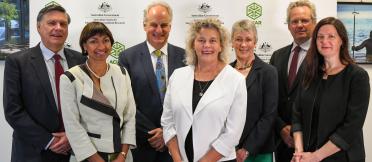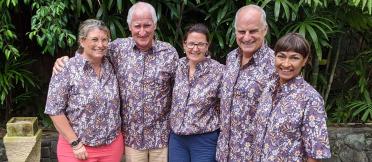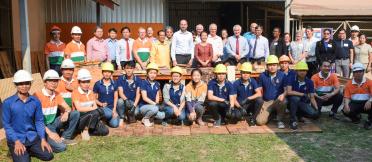‘Something I pushed really hard for early on—which I am so happy we have achieved—is a stronger communication strategy,’ explains Ms Marriott. ‘I could see that there was a risk for ACIAR in not sharing the “good news” stories we had built.
The good news ACIAR can share, Ms Marriott says, is more than just a foreign aid story.
‘ACIAR is the most incredible organisation. It delivers benefit not only to countries around the world but, importantly, also to Australia,’ she says.
‘When Panama Disease broke out in [the Australian state of] Queensland, it could have annihilated the banana industry but we had a researcher in Australia who had been working on an ACIAR project in the Philippines who recognised the disease, and this enabled them to stop it in its tracks.
‘This is one of many examples, and it is these stories—and more—that we need to promote.’
In an environment where Australia’s budget—particularly its foreign aid budget—is tightening, demonstrating broad benefits and clear impacts from investment remains a high priority.
‘We need to be sharing more of what ACIAR does and its wide-ranging benefits so influencers are inspired by the benefit we are able to deliver,’ Ms Marriott adds.






